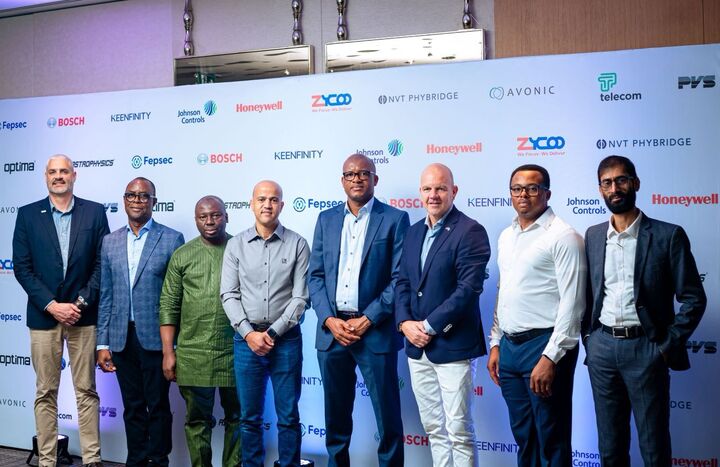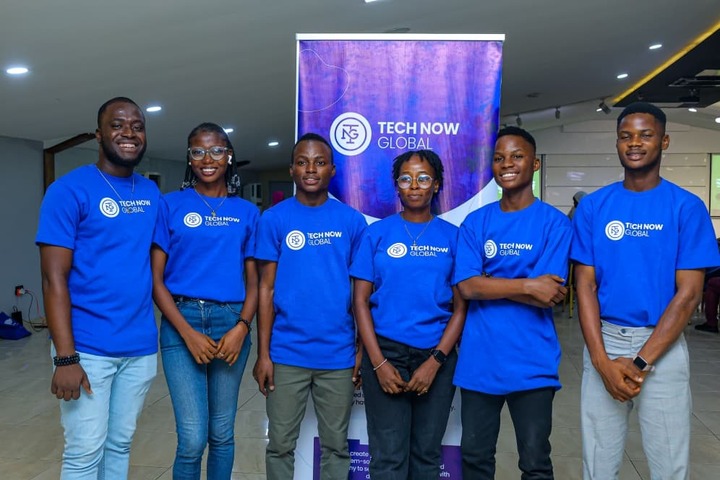Broadband cost still too high in Nigeria, operators claim
The Nigerian Communications Commission (NCC) has identified three critical areas, which telecom operators must work on to satisfy their 172 million active subscribers.
NCC listed the three pressing areas to include poor quality of service, rapid data depletion and failed top-ups.
The Executive Vice Chairman of the Commission, Dr Aminu Maida, said this in a keynote at Titans of Tech Conference and Expo in Lagos at the weekend.
With the theme, ‘Protecting Digital Consumers: Regulations, Innovations and Best Practices’, Maida, represented by NCC Director of Consumer Affairs Bureau, Freda Bruce-Bennett, stated that the areas were identified following a comprehensive analysis of consumer complaints throughout 2024.
Recognising the gravity of these issues, the NCC said it has already established an intervention mechanism to proactively address them, signalling a renewed focus on enhancing the overall quality of experience for Nigerian telecom users.
Tackling these issues, the NCC said it has implemented specific strategies, including updating its QoS Regulations in 2014 to expand their scope across the entire service delivery chain.
The Commission said this ensures that all parties involved – from Mobile Network Operators to Infrastructure Providers – are held accountable for service delivery. NCC said it is actively engaging all key players, setting clear expectations for improved service.
NCC observed that a growing number of consumers have complained about unexplained data exhaustion. In response, the NCC said it directed all network operators and Internet Service Providers (ISPs) last year to undergo independent audits of their billing systems.
While the audits revealed no systemic irregularities, the NCC acknowledged that consumer perception of data depletion remained an issue, largely driven by the data demands of high-resolution applications on faster networks (4G and 5G) and the complexity of data tariffs.
To address this, the Commission, in collaboration with major network operators, launched a joint industry campaign on consumer awareness for smarter data usage. This initiative educates consumers on how to better manage and optimise their data consumption.
In terms of rising failed airtime recharges or incomplete credit transactions, the NCC is working closely with the Central Bank of Nigeria (CBN) to develop a robust framework. This framework aims to ensure consumers receive full value for every transaction.
While the interventions lasted, NCC said it is also adopting a regulatory approach rooted in proactive information disclosure, transparency, data-driven insights, and accountability.
Through its crowdsourced Quality of Experience (QoE) data, the NCC now collects independent, real-time feedback from millions of users nationwide. This provides a clear picture of actual network conditions, including coverage, speed, and latency across various locations.
NCC said this data will soon be made publicly available, empowering consumers to compare operators based on real service quality, not just advertised claims.
MEANWHILE, Nigeria’s telecommunications sector is projected to surge past the $17 billion mark by 2034.
The NCC, which disclosed this, cited the global research group, Market Research Future.
Maida highlighted the sector’s current strength, which boasted 172.67 million active telecom subscribers and a teledensity — a key measure of penetration — standing at 79.65 per cent as of May 2025.
The NCC’s projections underscored the rapidly expanding communications services market in Nigeria, driven by increasing digital adoption across various facets of daily life, from e-commerce and social media to digital services and emerging data-driven technologies.
This growth, however, also brings with it a complex array of challenges, including digital product complexity, deceptive marketing, data privacy concerns, cybersecurity threats, unfair market behaviour, and the globalisation of financial transactions, all of which necessitate robust regulatory frameworks to protect consumers.
At the event, it was revealed that Nigeria was losing $15 billion yearly to the broadband deficit.
Chief Executive Officer of FibreOne, Lanre Ore, revealed this when he spoke on “Rewriting the Digital Playbook: The Rise of Broadband as a Tech Game Changer.”
Represented by the firm’s Chief Experience Officer, Yinka Isioye, he described broadband as “as essential as oxygen” and a critical enabler of modern digital economies, impacting sectors such as education, healthcare, fintech, SMEs, and smart cities.
“Over 60 per cent of Nigerians and more than 70 per cent of Africans still lack reliable broadband access. This exclusion is costing us dearly—in GDP, innovation, jobs, and human potential,” Ore said.
He pointed out that Nigeria’s Internet speeds are 5–10 times slower and up to four times more expensive per Mbps compared to developed markets.
Citing the World Bank, he emphasised that a 10 per cent increase in broadband penetration can boost GDP by 1.4 per cent in developed nations. For Nigeria, a 30 per cent increase in broadband coverage could unlock at least $19 billion in value, with a possible GDP multiplier effect of over $45 billion yearly.
“The $15 billion we lose yearly due to the broadband gap is nearly four times the nation’s combined health and education budgets,” he said, adding, “That’s equivalent to the yearly federal allocation of an entire state.”
According to Ore, so many challenges stifle broadband expansion in Nigeria, including exorbitant fibre rollout, which costs $30,000–$50,000 per km due to civil works, RoW charges, security and local levies.
He said an unstable power supply, with up to 40 per cent of ISP OPEX going into diesel and alternative energy.
“Low Average Revenue Per User (ARPU)—$10–$20 in Nigeria versus $50 in developed markets—making ROI timelines less attractive to investors,” he stated.
Despite the hurdles, he praised ISPs and MNOs for continued innovation and investment and acknowledged government efforts led by President Bola Tinubu and Minister of Communications, Innovation and Digital Economy, Dr Bosun Tijani, in steering Nigeria toward a digital-first economy.
According to him, to close the gap, there is need to mobilise pension funds and local capital for long-term broadband infrastructure financing, encourage shared rural fibre consortia and MNO/ISP resource pooling, promote community networks, solar-powered micro base stations, and MVNOs for rural delivery, launch “Broadband for Jobs” schemes—offering tax incentives to ISPs delivering discounted access to unemployed youths undergoing digital skills training.






